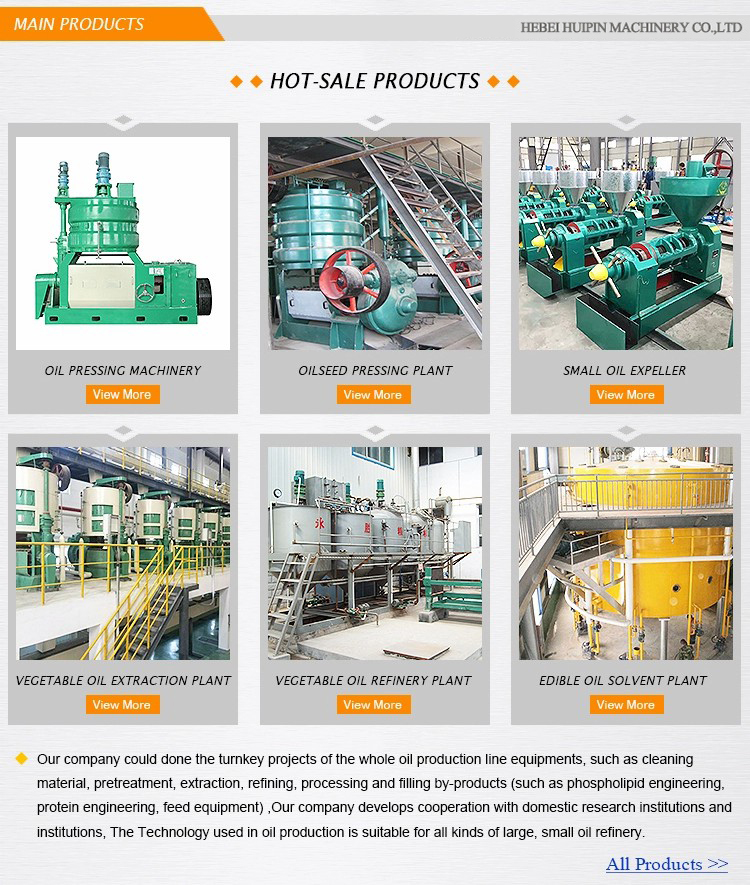Dec . 10, 2024 22:02 Back to list
Custom Corn Germ Oil Refining Equipment for Efficient Processing Solutions
Custom Corn Germ Oil Refining Unit A Comprehensive Overview
Corn germ oil, derived from the germ of corn kernels, is a nutritious oil prized for its high content of polyunsaturated fatty acids, vitamin E, and other beneficial compounds. The refinement of corn germ oil is a crucial step in enhancing its quality, improving its stability, and making it suitable for culinary and industrial applications. A custom corn germ oil refining unit is designed to optimize this process, ensuring efficiency and quality in the production of refined oil.
Importance of Refining Corn Germ Oil
Raw corn germ oil contains impurities such as free fatty acids, phospholipids, pigments, and waxes, which can negatively affect its flavor, smell, and shelf life. The refining process typically involves several stages degumming, neutralization, bleaching, and deodorization. Each stage serves a specific purpose
1. Degumming This is the first step where water or acid is added to the oil to remove phosphatidic compounds. Degumming is crucial to prevent the formation of unwanted foam during subsequent processes.
2. Neutralization In this step, alkali is introduced to eliminate free fatty acids. This not only improves the oil's taste but also extends its shelf life by reducing the potential for rancidity.
3. Bleaching This stage removes color pigments and other trace impurities. Activated bleaching earth or carbon is often used to absorb such contaminants, resulting in a lighter and more appealing oil.
4. Deodorization The final step involves heating the oil under a vacuum to eliminate volatile compounds that contribute to unpleasant odors and flavors. This process ultimately ensures that the corn germ oil has a neutral scent and taste, making it versatile for various culinary applications.
Advantages of a Custom Refining Unit
Investing in a custom corn germ oil refining unit has several significant benefits
custom corn germ oil refining unit

- Tailored Solutions A custom unit can be designed based on the specific requirements of a processing facility. Factors such as capacity, technology preferences, and the desired output quality can all be optimized, allowing for greater flexibility and efficiency.
- Increased Efficiency Modern custom refining units often incorporate the latest technologies, such as continuous refining systems and advanced heat recovery systems. These innovations help reduce energy consumption, lower operational costs, and increase overall refining speed.
- Quality Control With a custom unit, quality control measures can be integrated directly into the refining process. This helps ensure consistency in the oil's chemical composition, flavor profile, and nutritional value. Real-time monitoring can also detect any deviations, allowing for immediate corrections.
- Eco-Friendliness A custom refining unit can employ environmentally friendly practices, such as water recycling and waste management systems, minimizing the ecological footprint of oil refining.
Market Demand and Opportunities
The global demand for corn germ oil continues to rise due to its applications in cooking, cosmetics, and biodiesel production. The health trends leaning towards natural and plant-based oils further bolster this market growth. As consumers become more health-conscious, the demand for high-quality, refined corn germ oil is expected to increase.
Moreover, the rising popularity of plant-based diets opens up new avenues for the corn germ oil market. Custom refining units can help producers position their products better in the market by ensuring that their oil meets health regulations and quality standards.
Conclusion
In summary, a custom corn germ oil refining unit represents a significant investment in the production of high-quality corn germ oil. With tailored solutions that enhance efficiency, improve quality control, and promote eco-friendly practices, these units not only meet the growing market demands but also ensure sustainable production processes. As the food and industrial markets continue to evolve, embracing advanced refining technologies will be crucial for producers looking to maintain a competitive edge in the corn germ oil sector.
-
Oil Processing Equipment - High-Efficiency Flaking Machine
NewsJul.25,2025
-
High-Efficiency Peanut Oil Refined Machine for Quality Oil Production Leading Exporters & Companies
NewsJul.08,2025
-
High Efficiency Sunflower Seed Oil Press – Leading Cooking Oil Press Machine Factories & Suppliers
NewsJul.08,2025
-
High-Efficiency Soybean Oil Press Machine – Leading Exporters & Reliable Companies
NewsJul.07,2025
-
High-Efficiency Seed to Oil Extractor – Reliable Extraction Machinery for Your Business
NewsJul.07,2025
-
High-Quality Pressing Screw of Oil Expeller for Efficient Oil Extraction Leading Exporters & Manufacturers
NewsJul.06,2025
